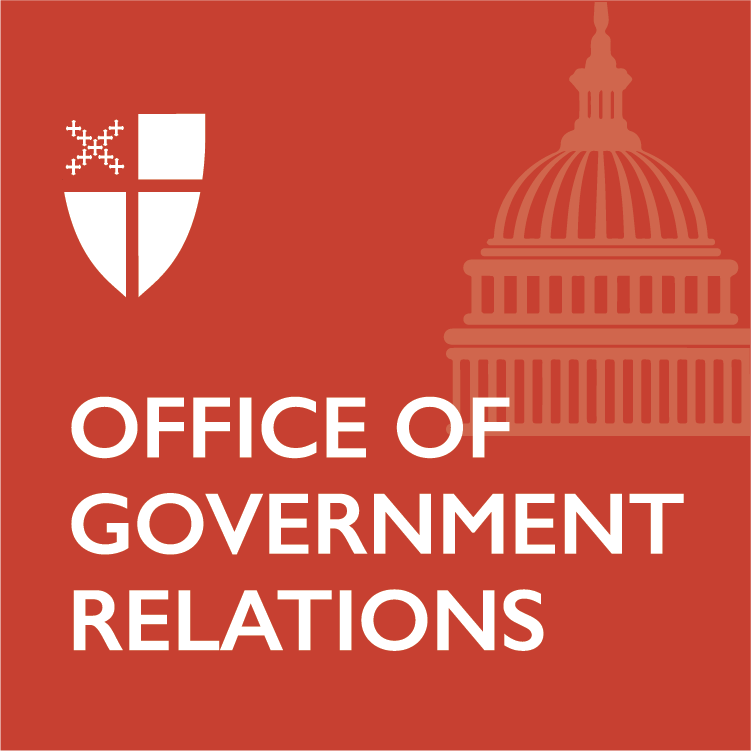“Do you not know that you are God’s temple and that God’s Spirit dwells in you? If anyone destroys God’s temple, God will destroy that person. For God’s temple is holy, and you are that temple.
1 Corinthians 3: 16-17(NRSV)
Last week many of us joined together to commemorate International Women’s Day. Some of us even skipped work to draw attention to the contributions women make at workplaces and to push for equality. Furthermore, this week marked the beginning of the 61st meeting of the United Nations Commission on the Status of Women (UNCSW), when UN member states, faith-based and civil society organizations from around the world convened in New York to discuss ways to improve the wellbeing of all women.
I am thankful that these forums exist, for they provide the space to review, reflect, and hold governments accountable to their commitments to improve the quality of life for women at all levels of society. These and other global efforts have been instrumental in promoting women’s rights and gender equality all around the world. Despite the progress we have made, however, women and girls continue to face many challenges today, one of which is gender-based violence.
Violence against women and girls is one of the most pervasive and harmful human rights abuses in the world. It is estimated that one in three women worldwide will experience physical, sexual, or psychological abuse in their lifetime. While such violence occurs in all countries, women and girls in developing countries are especially vulnerable because of various social and economic risk factors. Some of this violence is perpetuated in the form of female genital mutilation, battery, honor killings, rape, forced marriage, and trafficking.
The history of the Church is scarred with misinterpretations of Scriptures that have been used to justify oppression of women, including in the form of gender-based violence. This distortion of Scriptures, and the unique social and economic challenges women face, have left many vulnerable to such violence. As the story of creation reminds us, both men and women equally bear the image of God, a stark reminder of our equal value in the eyes of the Creator.
In this season of penance and reflection, I invite you think about ways you can be involved in efforts to eliminate violence against women and girls both here at home and abroad. I also encourage you to join the Episcopal Public Policy Network, where you will be able to receive advocacy updates on this issue.
May the power of our Lord Almighty Move us to reject narratives and practices that place women in inferior status than men, Amen!


